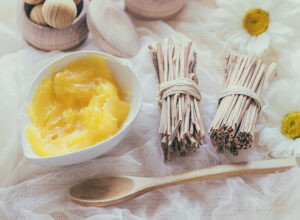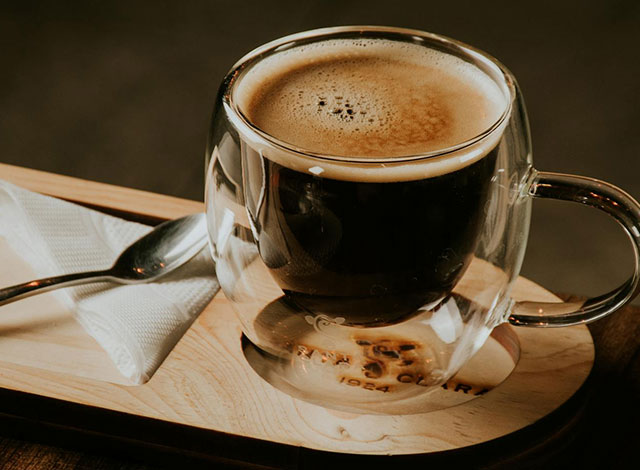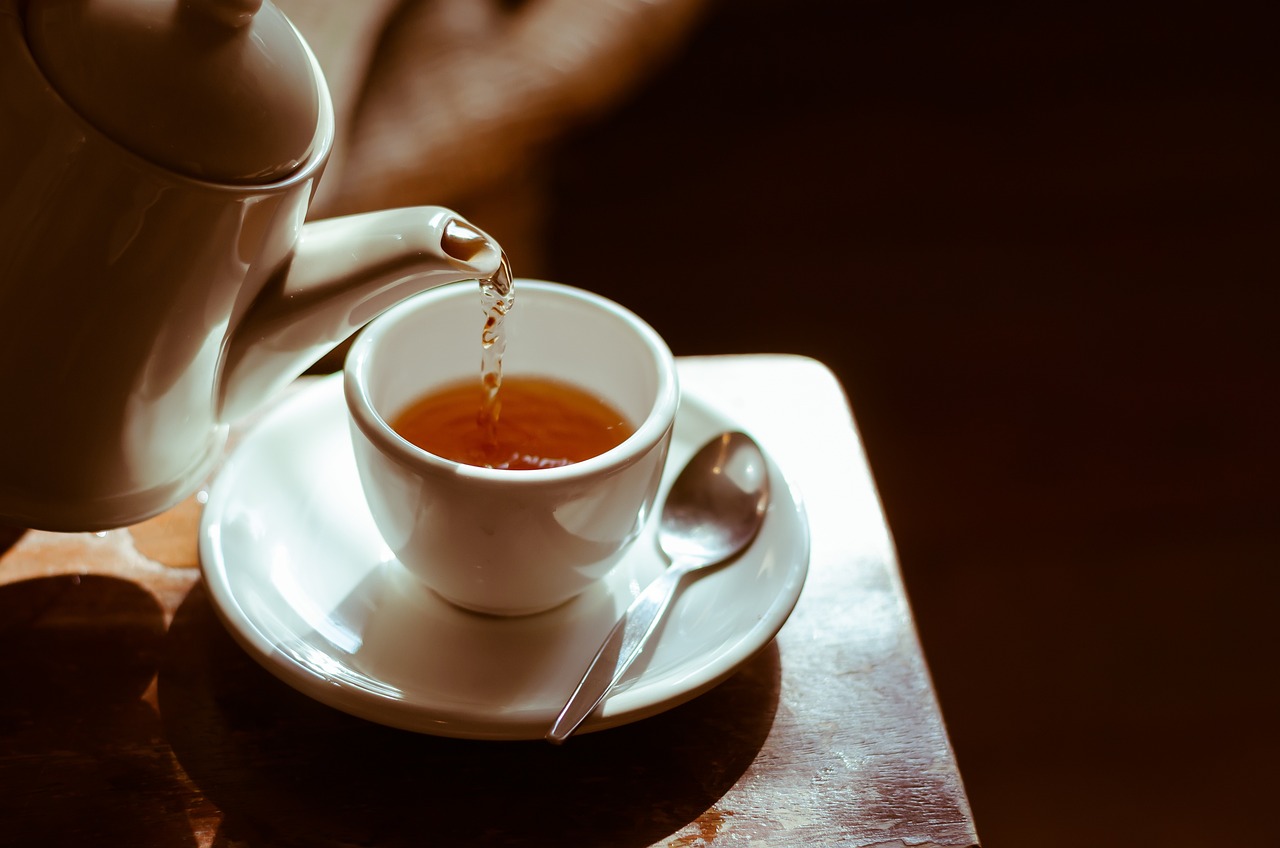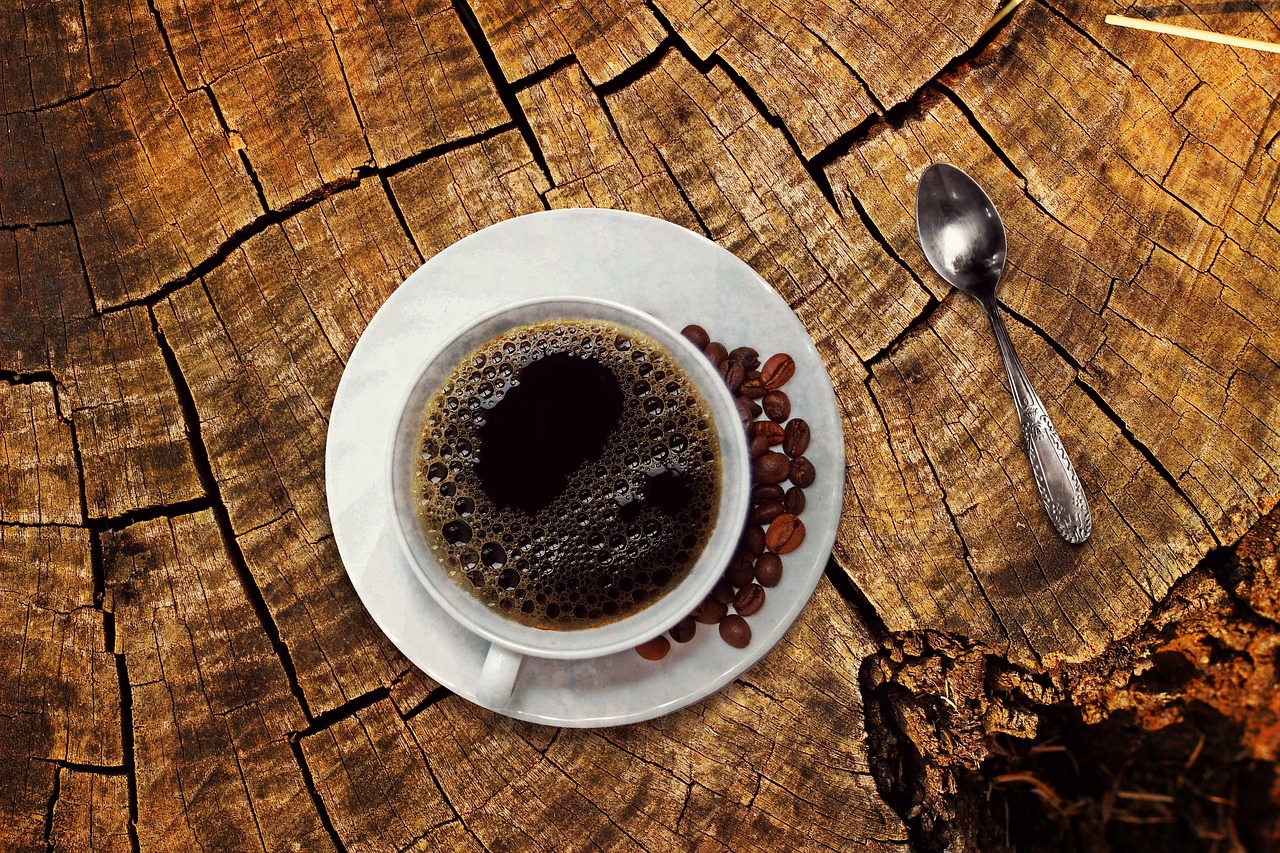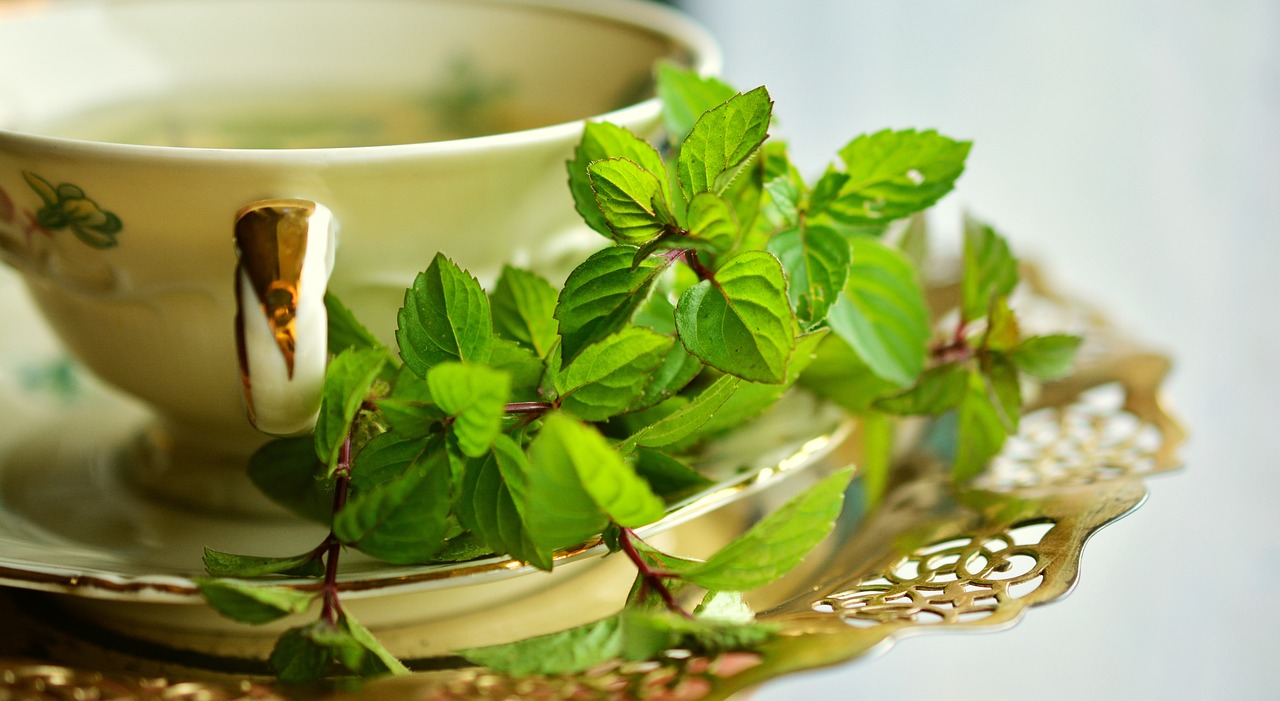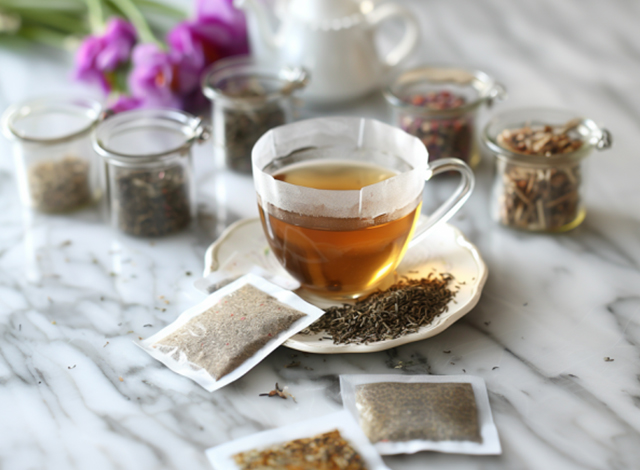In the cooking world, the debate of butter vs. ghee is often discussed. Both are known for their rich flavor and versatility, but their nutritional properties differ. One question that frequently arises is, “butter or ghee which is better” We delve into health and taste to uncover the truth behind this age-old debate and determine which one truly reigns supreme in the pursuit of wellness. Join us as we explore the facts and separate myth from reality in the butter and ghee comparison.
What is ghee?
One kind of clarified butter is ghee. It has less water and milk solids than butter, making it higher in fat content. For thousands of years, it has been a part of Indian and Pakistani traditions. The word is derived from a Sanskrit word that means “sprinkled.” The purpose of ghee was to keep butter fresh in warm conditions. Apart from its culinary application, ghrita is the term used in the Indian Ayurvedic medical system. Ghee does not require refrigeration because its milk solids have been removed, and it can be stored at room temperature for several weeks. Stored in a cold environment, it might solidify just like coconut oil.
What is butter?
A dairy product called butter is created by churning cream to separate the fat from the buttermilk. It works well in cooking, baking, and as a spreading ingredient. Butter is a basic ingredient in many cuisines across the world and gives food richness, flavour, and texture. It gives meals a distinctive, savoury flavor and a creamy consistency since it contains butterfat, water, and milk proteins.
The differences between ghee and butter
The difference between butter and ghee lies in their nutritional properties and cooking characteristics. Ghee, or clarified butter, has a higher smoke point (about 485°F) than butter (about 350°F), making it more suitable for high-heat cooking. Butter contains water and milk solids, which give it a distinct flavor but also lower its smoke point. In contrast, ghee is more concentrated in fat, making it lactose-free and shelf-stable.
Ghee vs. Butter: Nutrition Profile
Ghee and butter offer differing nutrition profiles due to their processing methods. Ghee contains higher levels of fat-soluble vitamins like A, E, and K, as well as butyric acid. It lacks lactose and casein, making it suitable for lactose-intolerant individuals. However, it’s higher in saturated fats. Here’s a comparison table of their nutritional values (per 1 tablespoon serving):
| NUTRIENT | GHEE | BUTTER |
| Calories | 112 | 102 |
| Fat | 12.7 | 11.5 |
| Saturated Fat | 7.9 | 7.3 |
| Cholesterol (mg) | 33 | 31 |
| Protein (g) | 0 | 0.1 |
| Vitamin A (IU) | 498 | 355 |
| Vitamin E (mg) | 0.4 | 0.3 |
| Vitamin K (mcg) | 0.5 | 1.0 |
| Lactose | 0 | 0.1g |
| Casein | 0 | 0.1g |
This table demonstrates the slight differences in calorie content, fat composition, and vitamin levels between ghee and butter.
Is Ghee Healthier Than Butter?
Butter and ghee both have unique health advantages. Ghee is good for people who are lactose intolerant because it is clarified butter that has had the lactose and casein removed. Both are heavy in calories and saturated fats, but ghee has a higher smoke point and more fat-soluble vitamins, so it might be a better choice for people who are looking for a dairy-free alternative or cooking purposes.
Preparation and Benefits of Ghee
A traditional Indian staple, ghee is made by boiling butter over low heat until the milk particles fall to the bottom and the butter’s water content evaporates. After that, the butter is filtered to remove any remaining pure golden ghee. Its advantages include a longer shelf life than butter and a high smoke point, which makes it appropriate for sautéing and frying. Ghee is a good option for people who are lactose intolerant because it is high in fat-soluble vitamins like A, E, and K, contains healthful fatty acids, and is free of casein and lactose. In Ayurvedic methods, it’s also thought to facilitate digestion and nourish the body and soul.
Also Read: 15 Amazing Benefits of Ghee
Preparation and Benefits of Butter
Traditionally, to make butter, cream that has been separated from milk is churned until the fat molecules group together and separate from the buttermilk. The distinctive flavour and creamy texture of butter are produced by this method. Because it works so well in baking, cooking, and spreading on bread, butter is highly valued. It’s a great source of vital fatty acids and fat-soluble vitamins, including A, D, E, and K. Butter also gives food flavour and richness, promotes fullness, and gives food energy, which makes it an important part of many culinary traditions around the world.
How to Store Butter and Ghee
Both butter and ghee should be stored in airtight containers in the refrigerator to maintain freshness. However, butter can also be kept at room temperature for short periods, while ghee is best stored at room temperature away from sunlight to prevent oxidation and maintain its flavour and texture.
How to cook with ghee
Ghee can be used to cook in a variety of ways, including roasting, frying, baking, and sautéing. It’s rich flavour and high smoke point add a nutty aroma and a touch of sweetness to food. It’s a multipurpose ingredient that gives savory and sweet recipes depth and richness.
In a nutshell, because of its rich flavour and high smoke point, ghee can be used in a wide variety of culinary applications. Ghee gives food a unique richness and aroma, whether you’re baking pastries, searing meats, or sautéing veggies. AVT Ghee distinguishes out as a reliable option in terms of quality. Famous for its exceptional flavor and purity, AVT Ghee makes sure that every dish is prepared to the best ability. Thus, enhance your culinary endeavours by utilizing AVT Ghee and relish the abundance of customs and excellence in each meal.
FAQs
-
Is ‘normal’ butter bad for you?
Moderation is key, but ‘normal’ butter can be part of a balanced diet.
-
What are the side effects of ghee?
Excessive consumption of ghee may lead to weight gain and elevated cholesterol levels.
-
Who should not eat ghee?
Individuals with lactose intolerance or dairy allergies should avoid ghee.
-
Does ghee burn fat?
Ghee consumed in moderation as part of a balanced diet may support weight loss due to its healthy fats.
-
Why is ghee used instead of butter?
Ghee’s higher smoke point and distinct flavour make it preferable for certain cooking methods and dietary preferences.
-
Is ghee good or bad for you?
Ghee can be beneficial when consumed in moderation as it offers healthy fats and fat-soluble vitamins.
Popular Products
AVT Dairy Sure Premium Cow Ghee 200ml Jar | AVT Dairy Sure Dairy Whitener 400g Polypouch | AVT Dairy Sure Dairy Whitener 200g Polypouch | AVT Dairy Sure Premium Cow Ghee 1000ml Jar | AVT Dairy Sure Premium Cow Ghee 500ml Jar



